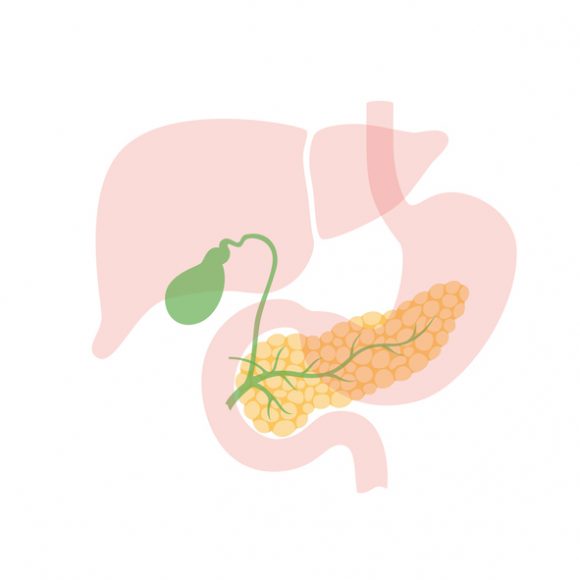
If you lose 2 to 3kg per month, you can continue on a diet without having a big strain on your health.
On the other hand, a diet that weighs more than 1.5kg a week increases the risk of cholecystitis, experts warn.
Cholecystitis is an inflammation of the gallbladder that stores bile made by the liver. Professor Yong-Chan Shin of Surgery at Ilsan Paik Hospital said, “Cholecystitis is caused by a secondary bacterial infection caused by obstruction of the gallbladder duct.”
When gallstones close the gallbladder duct or the gallbladder cervix, which is the outlet of the gallbladder,’acute stone cholecystitis’ occurs. If this condition persists, intragallbladder pressure rises, swelling and congestion of the gallbladder wall, blockage of veins and lymphatic vessels progresses, eventually leading to ulceration and necrosis of the gallbladder mucosa. It can also lead to a secondary bacterial infection, which makes gallbladder inflammation even worse.
There is also acute cholecystitis caused by old age, severe trauma, burns, major surgery, decreased immunity, and childbirth. It is common in men and can also occur in children who have experienced severe viral infections. Although the exact cause has not been identified, it is estimated that bile stasis occurs in the gallbladder due to an abnormality in the contractile function of the gallbladder, and bacterial infection from the precipitate is related.
Regular eating habits are important to prevent cholecystitis. Foods high in calories, cholesterol, fat, and carbohydrates should be minimized, and nutrients that lower the risk of gallstone gallstones such as unsaturated fat, nuts, dietary fiber, vitamin C, and calcium should be taken.
If your body mass index (BMI) increases due to poor eating habits, the prevalence of gallbladder gallstones increases. Professor Shin Yong-chan said, “The risk of having abdominal obesity or obesity from a young age increases,” and “highly obese women are 7 times more likely to develop gallstones than other controls.”
However, not only obesity, but also rapid weight loss acts as a risk factor for the occurrence of gallbladder gallstones. Professor Shin Yong-chan said, “A weight loss of more than 1.5 kg per week increases the risk of gallstones. According to overseas studies, if a highly obese patient undergoes obesity surgery and rapidly loses weight through diet, there is a 30-70% probability. It is reported that gallstones develop.” Therefore, it is better to refrain from drastic diet and maintain an appropriate weight through regular exercise.
If cholecystitis has already occurred, how to treat it? The treatment of acute calculous cholecystitis is largely surgical and medical. It can be divided into treatment. Medical treatment is oral bile acid dissolution therapy or extracorporeal shock wave lithotripsy, which is rarely used due to the long treatment period and high gallstone recurrence rate. The standard surgical treatment is laparoscopic cholecystectomy. Even with no symptoms, gallbladder stones with a size of 3 cm or more, calcified gallbladder, and local thickening of the gallbladder wall, including gallbladder adenomyomatosis, may be associated with gallbladder cancer, so cholecystectomy is recommended. More than 95% of cholecystectomy is performed by minimally invasive surgery like laparoscopic cholecystectomy, and recently, single-cavity laparoscopic or robotic cholecystectomy is also selectively performed.
Reporter Moon Se-young [email protected]
Copyrightⓒ’Honest Knowledge for Health’ Comedy.com (http://kormedi.com) / Unauthorized reproduction-redistribution prohibited
